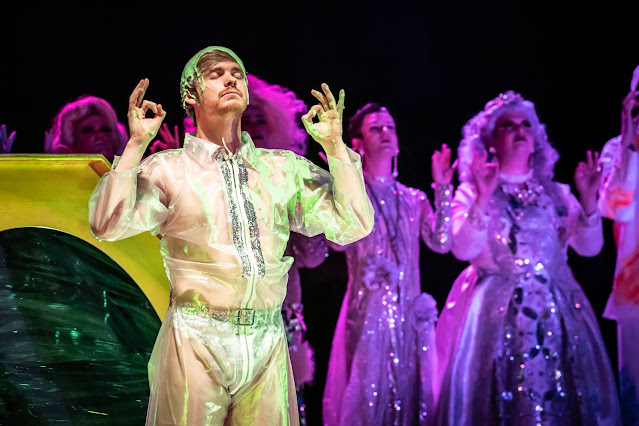 |
| Janacek: The Excursions of Mr. Brouček - Robin Horgan as Spotcek on the Moon - Grange Park Opera (Photo Marc Brenner) |
Considering that it is mature-period Janacek, his opera Výlety páně Broučkovy (The Excursions of Mr. Brouček) is a remarkable rarity. And whilst the work is problematically challenging, this sort of selective view of a composer is typical of the way we can be rather reductive in our view of them, concentrating on a few favoured works. Recent performances in the UK include English National Opera in 1992 and Opera North in 2009, and in concert by Jiří Bělohlávek and the BBC Symphony Orchestra in 2007.
That 1992 performance was directed by David Pountney, and Pountney was again at the helm for Grange Park Opera's enterprising staging of Janacek's The Excursions of Mr. Brouček (seen Saturday 18 June 2022). Conducted by George Jackson with the BBC Concert Orchestra, and with designs by Leslie Travers and Marie-Jeanne Lecca, choreography by Lynne Hockney, lighting by Tim Mitchell, the performance featured Peter Hoare as Brouček, plus Fflur Wyn, Mark Le Brocq, Andrew Shore, and Clive Bayley
Janacek's route to creating opera was neither direct nor straightforward. He wrote Jenufa between 1894 and 1903 (in fact his third opera), it premiered 1904 but Janacek revised it in 1908 and 1915, and the work became popularised in a version not the composer's, ironing out the perceived eccentricities. That he was trying for a different type of opera is seen by his next one, Osud (1903-1905, revised 1906-1907) which has a libretto by one of his students and by Janacek himself. The experimental nature of the libretto meant that the work was never produced in his life time. Next came The Excursions of Mr. Brouček, which Janacek worked on from 1908 to 1917. It's premiere in 1920 was not a great success, and for his next opera Janacek returned to something less experimental, Káťa Kabanová (1920-21), based on an Ostrovsky play. The Cunning Little Vixen (1921-1923) returned to the more experimental manner, short scenes moving into each other and less focus on the 'well-made-play' aspect of Jenufa and Káťa Kabanová, with their focus on their heroines. The Makropoulos Affair (1923-1925) is fascinating, but never quite achieves take-off until the final scene. With From the House of the Dead (1927-1928), Janacek managed to achieve his perfect synthesis, short, filmic scenes, plenty of character but no single overall focus, a miraculous portrait of a community.
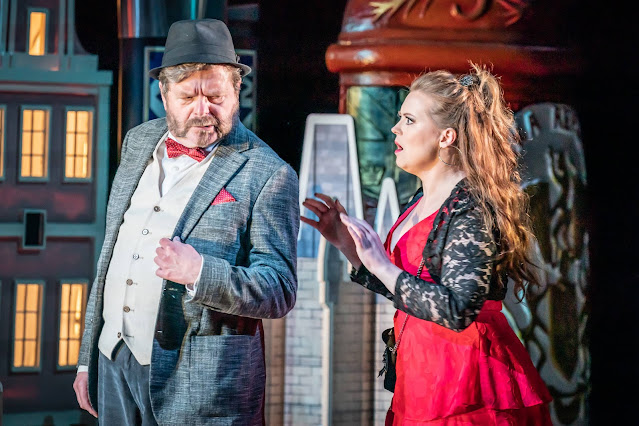 |
| Janacek: The Excursions of Mr. Brouček - Peter Hoare, Fflur Wyn - Grange Park Opera (Photo Marc Brenner) |

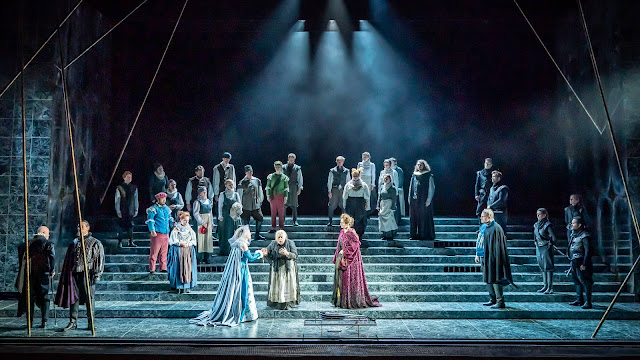
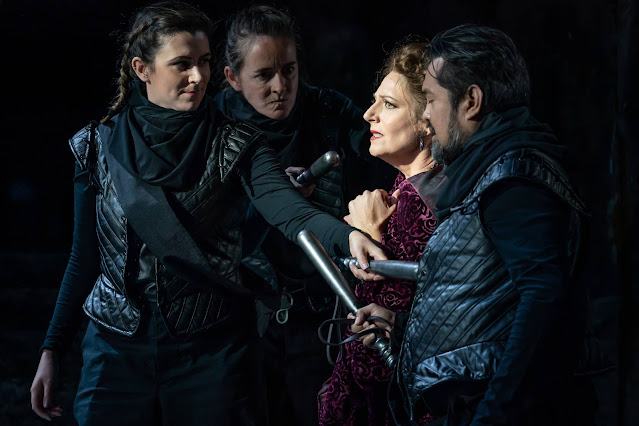





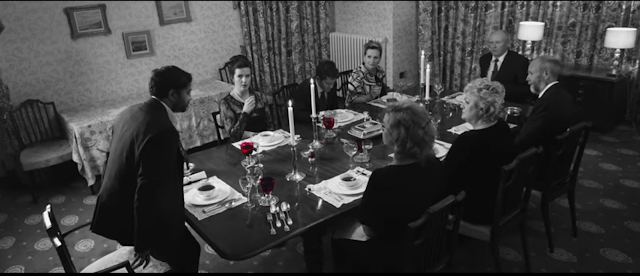


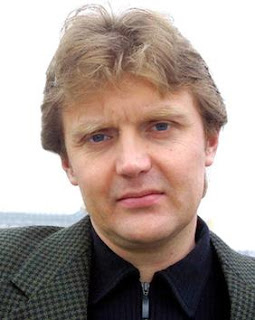









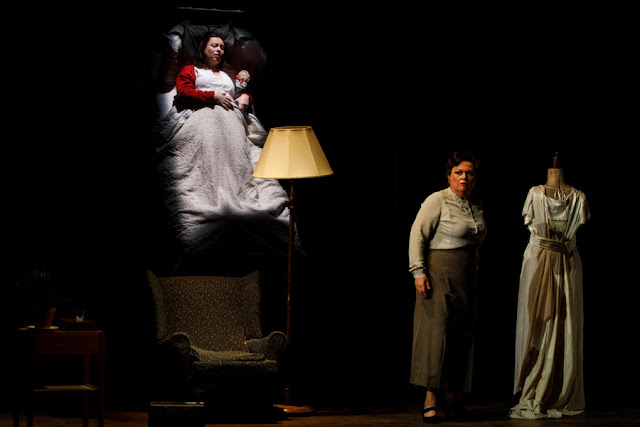


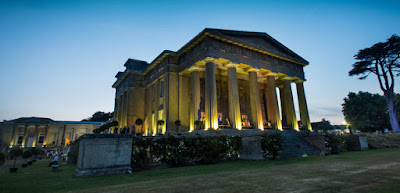






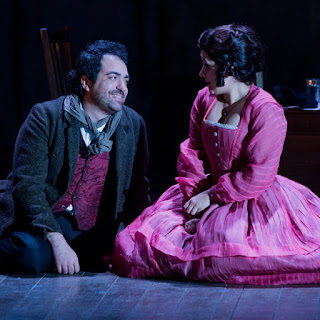

.jpg)

.jpeg)





.jpeg)